-
×
 Defeating the Enemy: Exposing and Overcoming the Strategies of Satan Paperback – 2018 by Phil Hopper
1 × $9.66
Defeating the Enemy: Exposing and Overcoming the Strategies of Satan Paperback – 2018 by Phil Hopper
1 × $9.66 -
×
 Hope for Every Moment: Inspirational Thoughts to Help You Every Day of the Year Paperback – 2013 by T.D. Jakes
1 × $6.42
Hope for Every Moment: Inspirational Thoughts to Help You Every Day of the Year Paperback – 2013 by T.D. Jakes
1 × $6.42 -
×
 False Justice: Unveiling the Truth about Social Justice Paperback – 2013 by Stuart Greaves
1 × $9.02
False Justice: Unveiling the Truth about Social Justice Paperback – 2013 by Stuart Greaves
1 × $9.02 -
×
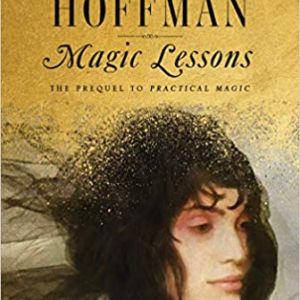 Magic Lessons: The Prequel to Practical Magic by Alice Hoffman
3 × $16.79
Magic Lessons: The Prequel to Practical Magic by Alice Hoffman
3 × $16.79 -
×
 Repentance: What It Is, What It Isn't, and How to Do It Paperback – 2017 by Rick Renner
1 × $3.18
Repentance: What It Is, What It Isn't, and How to Do It Paperback – 2017 by Rick Renner
1 × $3.18 -
×
 Seeing Through Heaven's Eyes: A World View that will Transform Your Life Paperback – 2013 by Leif Hetland
1 × $7.07
Seeing Through Heaven's Eyes: A World View that will Transform Your Life Paperback – 2013 by Leif Hetland
1 × $7.07 -
×
 History Maker: Arise and Take Your Place in Leading Change Paperback – November 21, 2017 by Dr. Cindy Trimm
1 × $9.66
History Maker: Arise and Take Your Place in Leading Change Paperback – November 21, 2017 by Dr. Cindy Trimm
1 × $9.66
Subtotal: $95.38

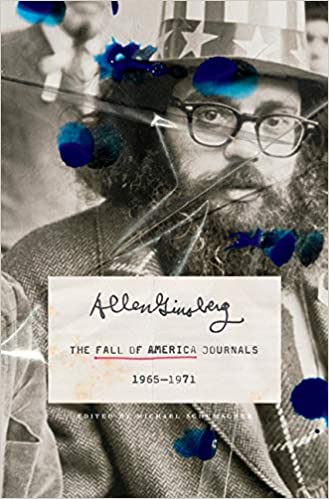




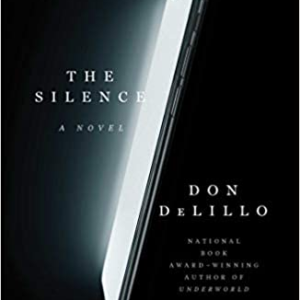
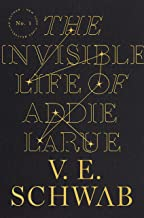

















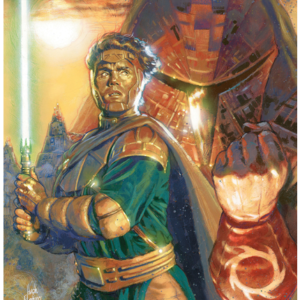


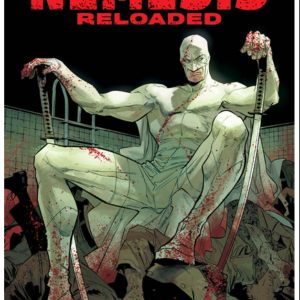

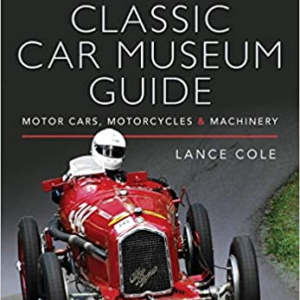




There are no reviews yet.